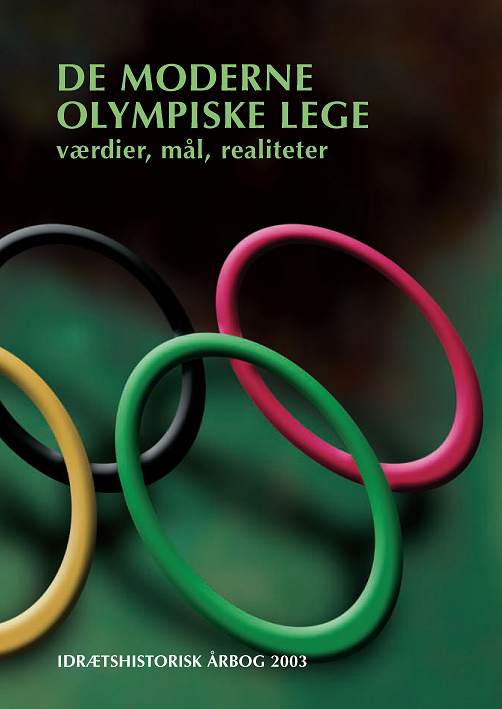Den olympiske pengemaskine
DOI:
https://doi.org/10.7146/ffi.v19i1.31718Resumé
Artikel om de moderne olympiske leges økonomi.
The Olympic money machine
Over a century after their start, the modern Olympic games constitute nothing less than the greatest regularly recurring global event. The modern Games are an event which attracts a great deal of attention and creates and consumes large quantities of resources, which also stem from public sources of finance and therefore from the ordinary tax-payer – in the first instance the citizens of the city in which the games are held. Over and above their role as a unique sporting event, the modern Games are the driving force in a comprehensive transnational concern, which from an analytical point of view is positioned at the intersection between the private market, the public sector and civilian society. Such a situation makes it relevant to shed light on the background against which the finances of the Olympic games as a business come into being and are distributed. This article considers the Olympic idea first and foremost as a sales object. This is simply because when the day arrives when the modern Games and their pregnant symbols – the Olympic logo, the Olympic flag, the Olympic motto, the Olympic hymn and the Olympic torch – no longer sell, many of the problems that currently grow out of and with the Olympic money machine will be a closed chapter. In this context sharp scrutiny is directed at the IOC, the organ which makes up the Olympic movement’s highest authority and which has a overriding influence on everything that takes place around the Olympic games enterprise. These two fixed points – the Olympic idea as a valuable marketing object and the IOC’s role as manager of that object by virtue of its position as leader of the Olympic movement and holder of the property rights to the modern Games – are grounded in a record of a series of events, which in 1998 and 1999 seriously shook the sustainability of the positive narrative about the Olympic games and of the Olympianism which was the philosophy of life superimposed on it. It is precisely the drawing power of that good narrative that makes it worthwhile for a multitude of companies of all sizes to pay large sums for the use of distinctive
Downloads
Publiceret
Citation/Eksport
Nummer
Sektion
Licens
Forfattere, der publicerer deres værker via dette tidsskrift, accepterer følgende vilkår:
- Forfattere bevarer deres ophavsret og giver tidsskriftet ret til første publicering, samtidigt med at værket er omfattet af en Creative Commons Attribution-licens, der giver andre ret til at dele værket med en anerkendelse af værkets forfatter og første publicering i nærværende tidsskrift.
- Forfattere kan indgå flere separate kontraktlige aftaler om ikke-eksklusiv distribution af tidsskriftets publicerede version af værket (f.eks. sende det til et institutionslager eller udgive det i en bog), med en anerkendelse af værkets første publicering i nærværende tidsskrift.
- Forfattere har ret til og opfordres til at publicere deres værker online (f.eks. i institutionslagre eller på deres websted) forud for og under manuskriptprocessen, da dette kan føre til produktive udvekslinger, samt tidligere og større citater fra publicerede værker (se The Effect of Open Access).





